
A warning travelers can’t ignore
A major health alert has been raised for those planning trips to southern China. The CDC has issued a Level 2 travel notice after thousands of chikungunya cases were confirmed in Guangdong Province.
This warning comes as infections surpass 7,000, making it one of the largest outbreaks in recent years. With mosquito activity soaring after heavy monsoon rains, health experts urge travelers to take strict protective measures.

Understanding chikungunya virus
Chikungunya is a mosquito-borne illness known for causing severe joint pain that sometimes lingers for months or even years. Other symptoms include high fever, rash, muscle aches, headaches, and extreme fatigue.
Though rarely fatal, the virus can disrupt daily life and travel plans. Since no specific treatment exists, doctors focus on symptom relief such as pain medication and rest. Prevention remains the most powerful defense.
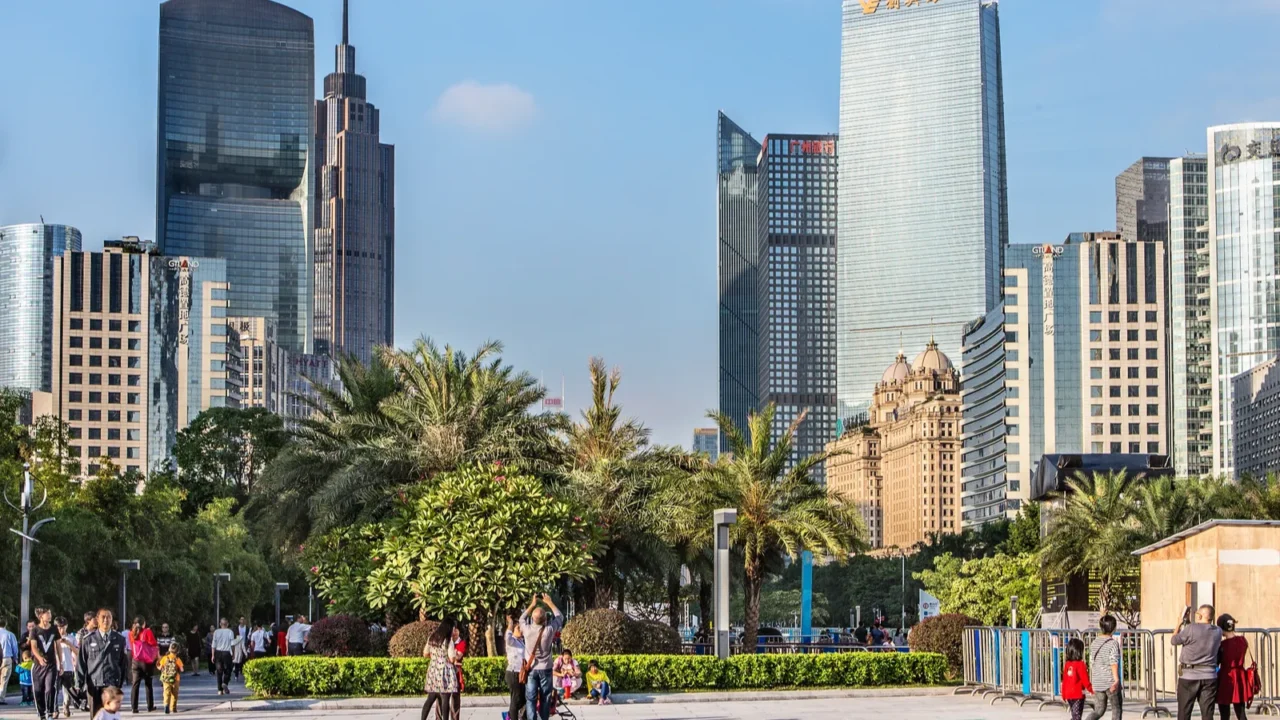
Why Guangdong is the hotspot
Guangdong’s warm, humid climate has created ideal breeding grounds for Aedes mosquitoes, the primary carriers of chikungunya. Recent flooding worsened the problem by leaving stagnant water where mosquitoes multiply rapidly.
The outbreak began in early July 2025 and escalated quickly across cities in the province. Local authorities now face the challenge of balancing mosquito control with managing the region’s busy urban population.

CDC level 2 alert explained
A Level 2 travel notice means travelers should “practice enhanced precautions” rather than avoid visiting altogether. It emphasizes careful planning and extra protection to minimize risk.
For visitors to Guangdong, this means being vigilant about mosquito bite prevention. From repellent use to protective clothing, the alert underscores that everyday habits can significantly lower chances of infection.

Precautions every traveler should take
Travelers are urged to apply insect repellents containing DEET, picaridin, IR3535, or oil of lemon eucalyptus. These products are highly effective in deterring mosquito bites.
Wearing long-sleeved shirts and pants, especially during morning and late afternoon, provides extra coverage. For infants, mosquito nets are strongly advised to prevent bites while sleeping.

Importance of mosquito-safe lodging
Choosing accommodations with air conditioning or well-fitted screens makes a major difference in exposure risk. These barriers reduce mosquito entry and create safer indoor environments.
Hotels in Guangdong are now highlighting their mosquito-proof measures to reassure guests. Travelers should confirm such features before booking and carry their own portable netting when possible.
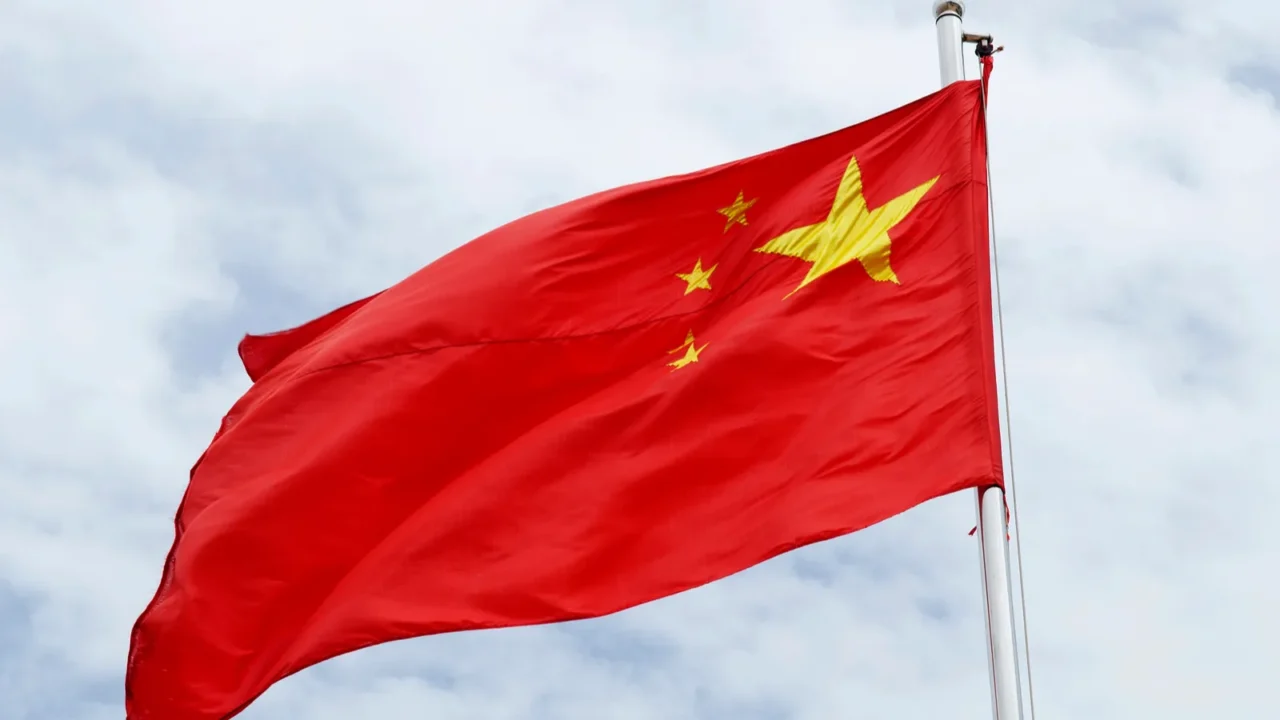
How China is fighting back
China has launched aggressive mosquito control campaigns to curb the outbreak. Authorities are using drones to spot breeding sites and applying insecticides across affected neighborhoods.
In an innovative move, scientists have also released “elephant mosquitoes,” a harmless species that preys on larvae of disease-carrying mosquitoes. This eco-friendly approach complements traditional eradication methods.
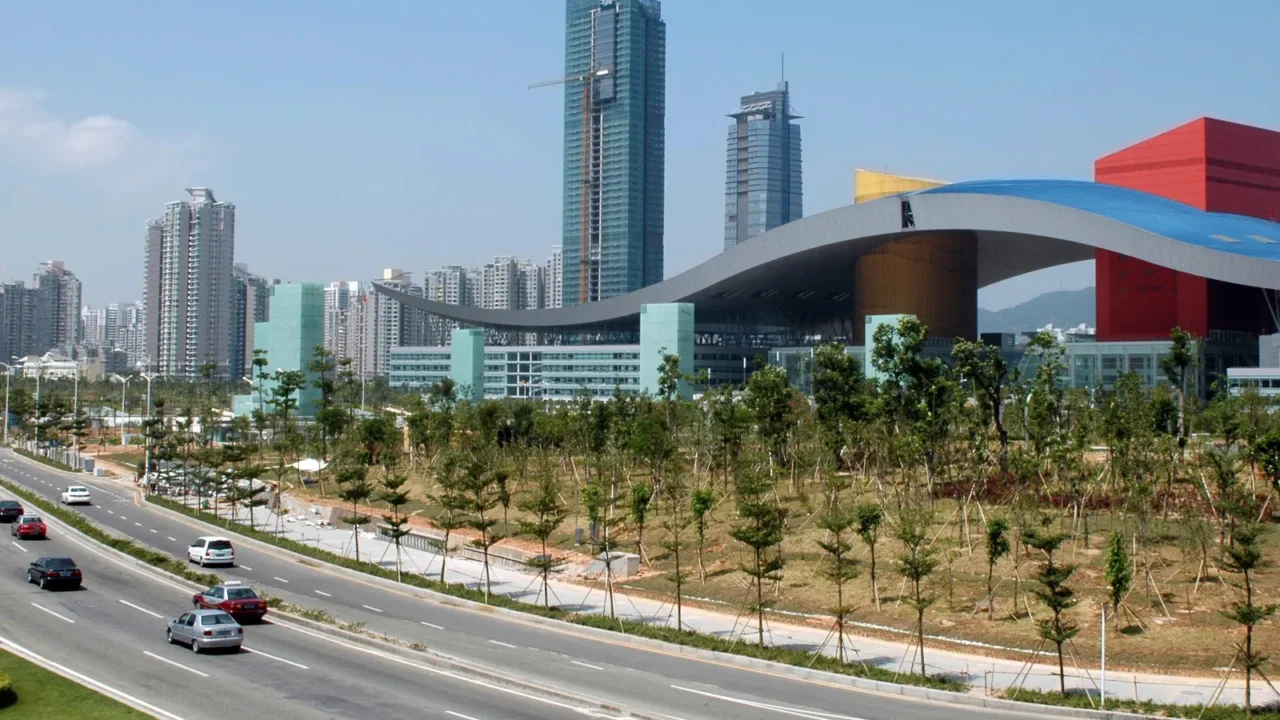
Strict rules for residents and visitors
Local governments in Guangdong have introduced penalties for failing to follow mosquito control rules. Residents are required to remove standing water near homes to reduce breeding sites.
Travelers staying in private rentals should also comply with these measures. Noncompliance can result in fines or other administrative penalties under local public health regulations.
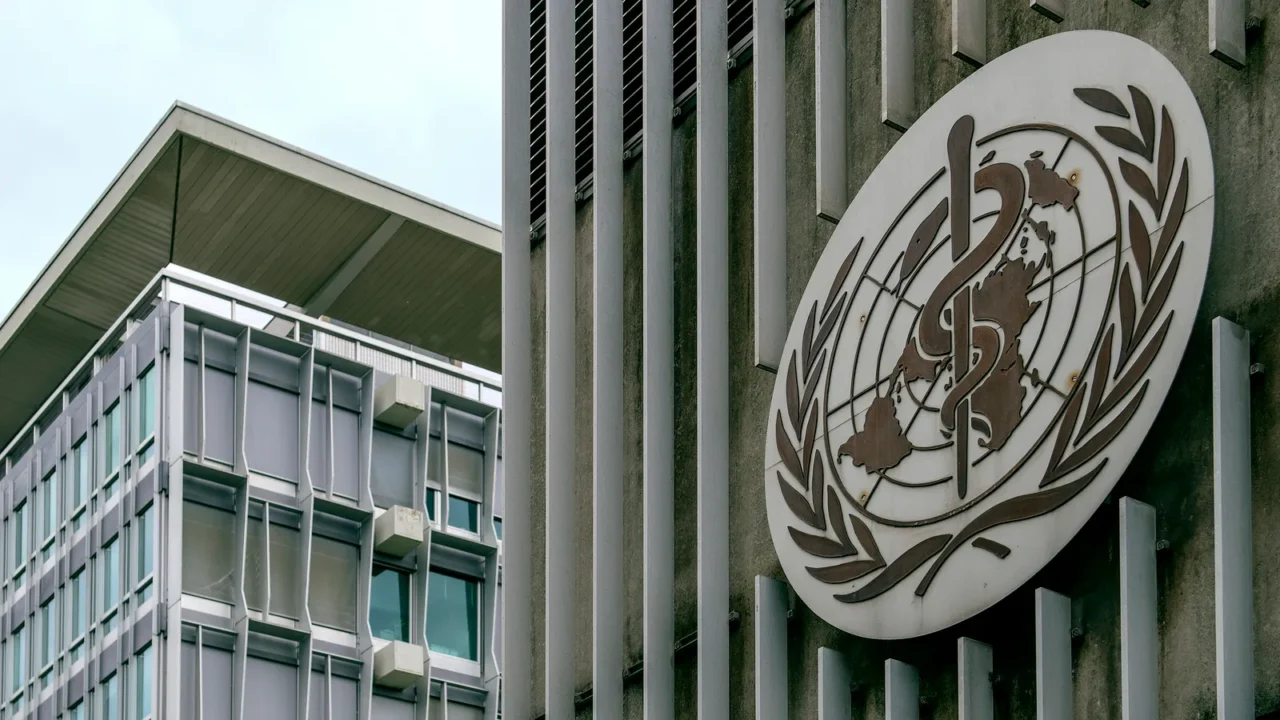
Global health agencies on alert
The World Health Organization has voiced concern over the outbreak’s potential to spread beyond China. Since early 2025, chikungunya has caused about 240,000 cases and 90 deaths worldwide.
Other regions, including Indian Ocean islands, Africa, and parts of Europe, have also reported clusters. This highlights how interconnected the fight against mosquito-borne diseases has become.

The risk of spreading abroad
Experts warn that travelers infected in Guangdong could unknowingly carry the virus to new countries. Many people are contagious during the incubation phase before symptoms show.
If local Aedes mosquitoes are present at the destination, chikungunya could establish fresh outbreaks. This risk underscores why personal protection and surveillance are so critical.
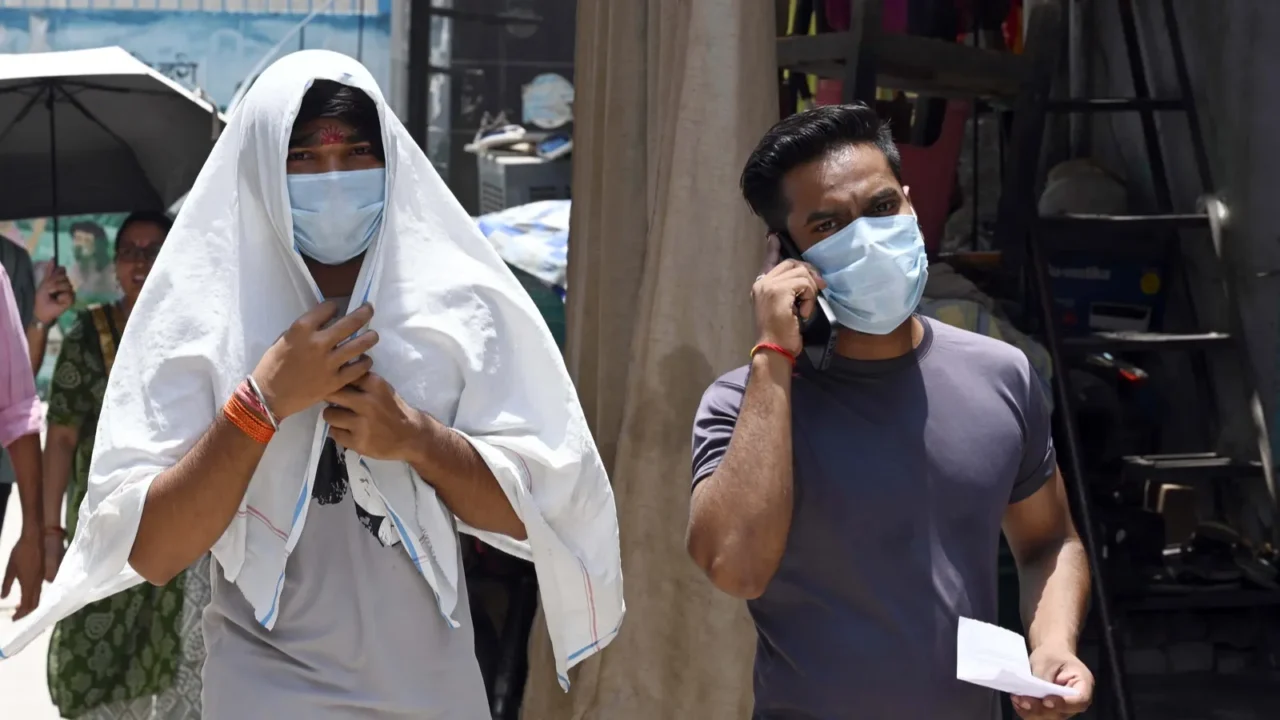
Lessons from past epidemics
The current outbreak mirrors the 2004–2005 epidemic that began on Indian Ocean islands. That crisis quickly spread to Asia, Africa, and parts of Europe.
History shows how fast chikungunya can travel when conditions are right. Public health leaders are now urging countries to stay prepared with mosquito control and rapid response strategies.

Signs to watch after travel
If fever, rash, or sudden joint pain develops within two weeks of returning, medical help should be sought immediately. Mentioning recent travel to Guangdong helps doctors act faster.
Though most people recover fully, early treatment of symptoms reduces discomfort. Quick diagnosis also helps public health teams track imported cases and prevent further spread.

Impact on tourism and travel plans
Despite the outbreak, many travelers are still heading to southern China for business and leisure. Hotels and tour operators are now adding health guidelines to their packages.
Tourism officials emphasize that safe travel is possible with proper precautions. Still, visitors should remain flexible in their plans, as local mosquito control activities may affect access to some areas.
See what’s really behind the turbulence hitting global tourism in 2025.
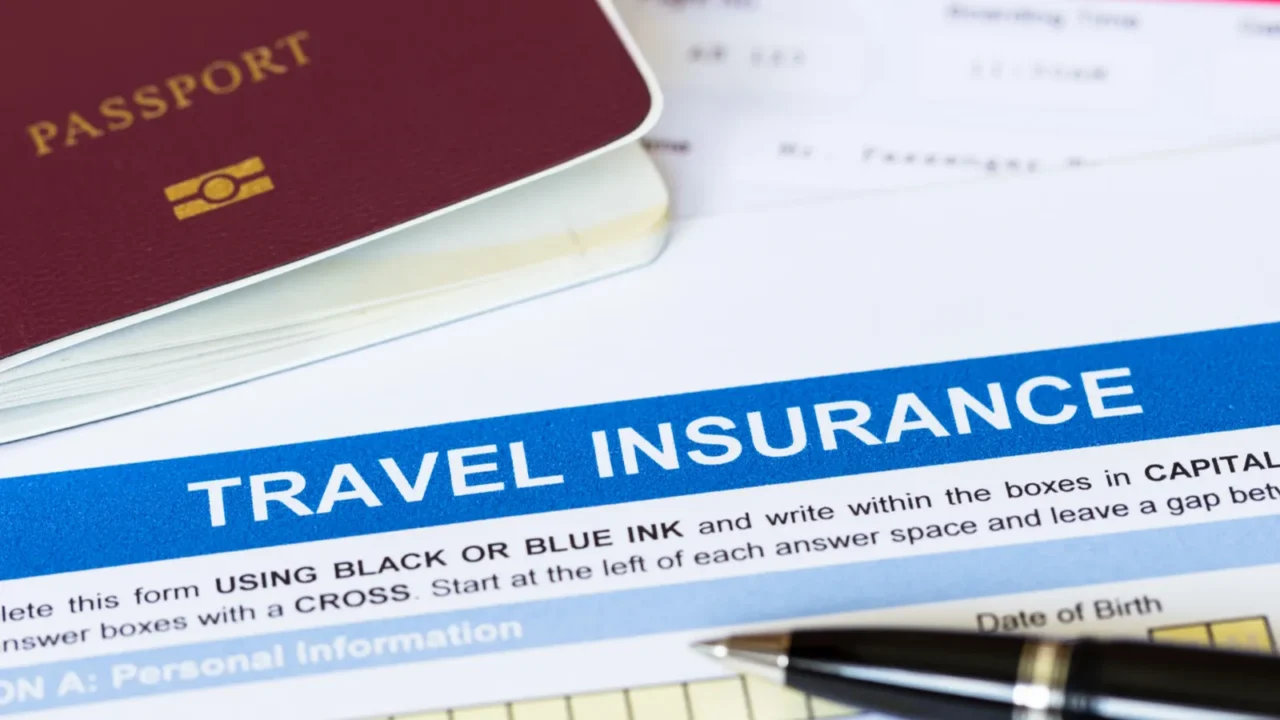
Insurance and trip protection tips
Travel insurance that covers vector-borne diseases can ease financial burdens if treatment or evacuation becomes necessary. Some policies specifically list chikungunya and dengue.
Before departure, travelers should review coverage carefully and consider add-ons for medical emergencies. Having a plan reduces stress if unexpected illness interrupts the trip. Don’t get caught off guard; check your insurance policy for this hidden loophole before your next trip.
Would you still travel to Guangdong right now, or wait until the outbreak is contained?
Read More From This Brand:
- Add these 10 epic European monuments to your bucket list
- Mindoro’s best diving spots are calling your name
- 20 irresistible reasons Japan tops every traveler’s list
Don’t forget to follow us for more exclusive content right here on MSN.
This slideshow was made with AI assistance and human editing.